Amidst Thy Wrath Remember Love : Recording Tune: Lamport , a traditional hymn tune from The Columbian Repository (1803). Public
More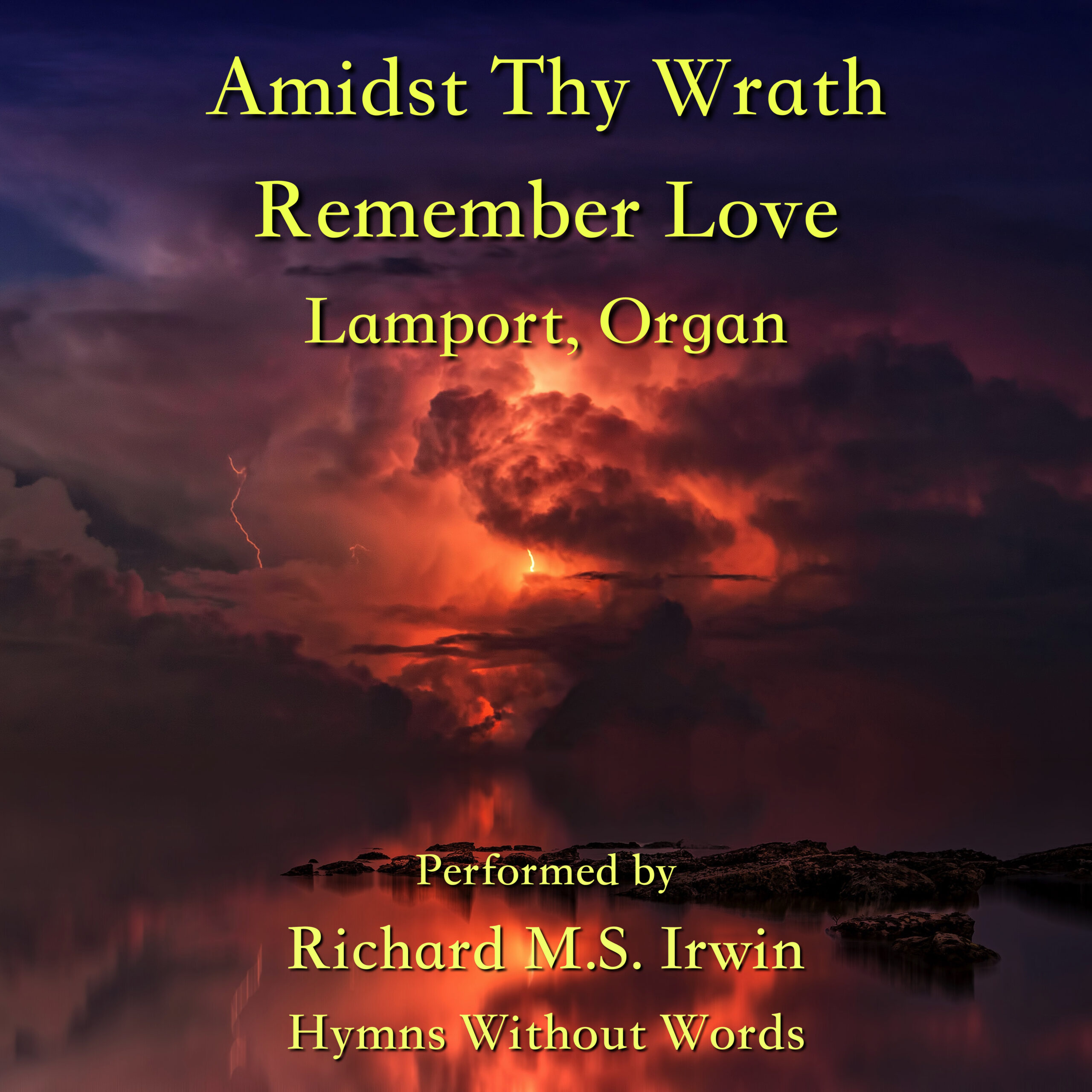
No organist? Use our free professional quality MP3 downloads for your church services. No fees.
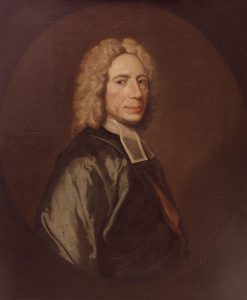 Isaac Watts (1674-1748) was an English hymnwriter, non-conformist minister and theologian born in Southamption, who wrote some 750 hymns. Often is recognised as the “Father of English Hymnody”, as he was the first prolific and popular English hymn writer, credited with some 750 hymns. Many of his hymns remain in active use today and have been translated into many languages.
Isaac Watts (1674-1748) was an English hymnwriter, non-conformist minister and theologian born in Southamption, who wrote some 750 hymns. Often is recognised as the “Father of English Hymnody”, as he was the first prolific and popular English hymn writer, credited with some 750 hymns. Many of his hymns remain in active use today and have been translated into many languages.
Watts was brought up in the home of a committed Nonconformist — his father, also called Isaac, had been gaoled twice for his religious views.
The younger Isaac was educated at King Edward VI School and leart the classics, Latin, Greek and Hebrew. He showed an early propensity for rhyme.
Being non-conformist, Watts went to the Dissenting Academy at Stoke Newington in 1690. His education led him to the pastorate of a large Independent Chapel in London, and he also found himself in the position of helping trainee preachers.
Taking work as a private tutor, he lived with the Hartopp family at Fleetwood House and later in the household of Sir Thomas Abney and Lady Mary Abney. Though a non-conformist himself, Sir Thomas practised occasional conformity to the Church of England as necessitated by his being Lord Mayor of London 1700–01. Likewise Isaac Watts held religious opinions that were more non-denominational or ecumenical than was at that time common for a non-conformist; having a greater interest in promoting education and scholarship, than preaching for any particular ministry.
On the death of Sir Thomas Abney, Watts moved permanently with widow, Lady Mary Abney, to Abney House, in Stoke Newington. The beautiful grounds at Abney Park led down to an island heronry in the Hackney Brook where Watts sought inspiration for the many books and hymns written during these two decades. He died there in Stoke Newington and was buried in Bunhill Fields, having left behind him a massive legacy.

Amidst Thy Wrath Remember Love : Recording Tune: Lamport , a traditional hymn tune from The Columbian Repository (1803). Public
More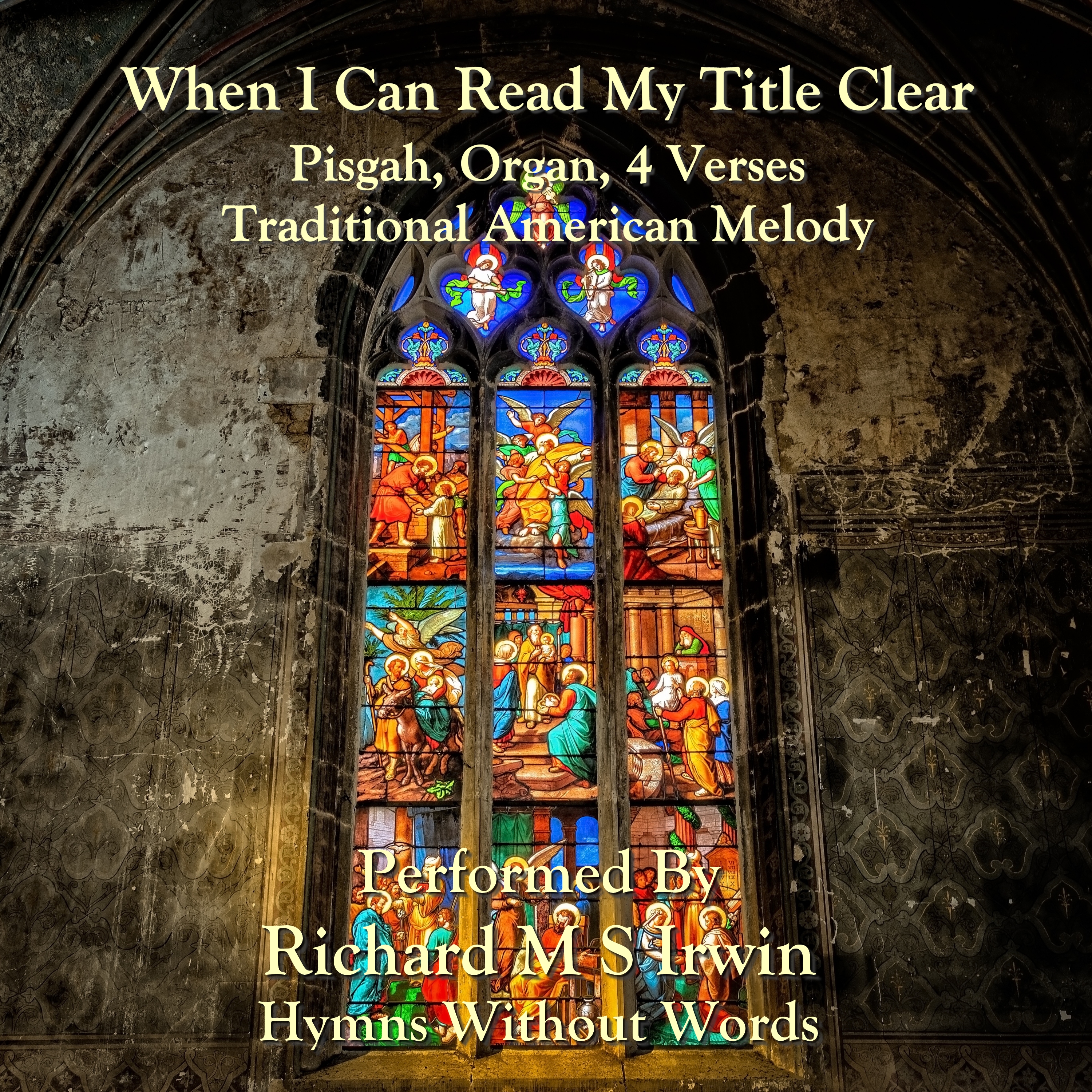
When I Can Read My Title Clear: Recording Cover image by Peter H. Tune: Pisgah, a traditional American melody. Meter:
More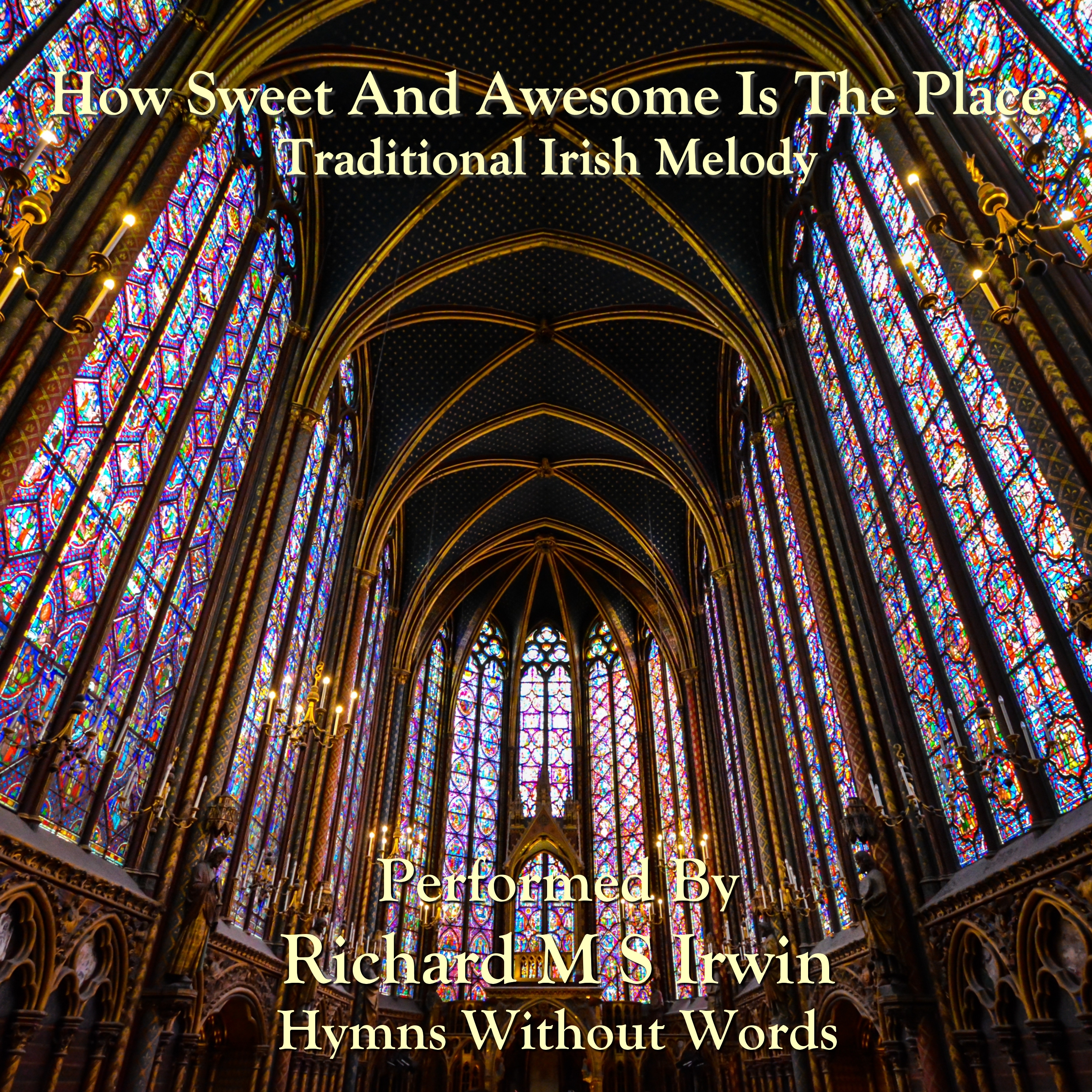
How Sweet And Awesome Is The Place : Recording Tune: Saint Columba, traditional Irish. Meter: 86 86. Public domain. Performance
More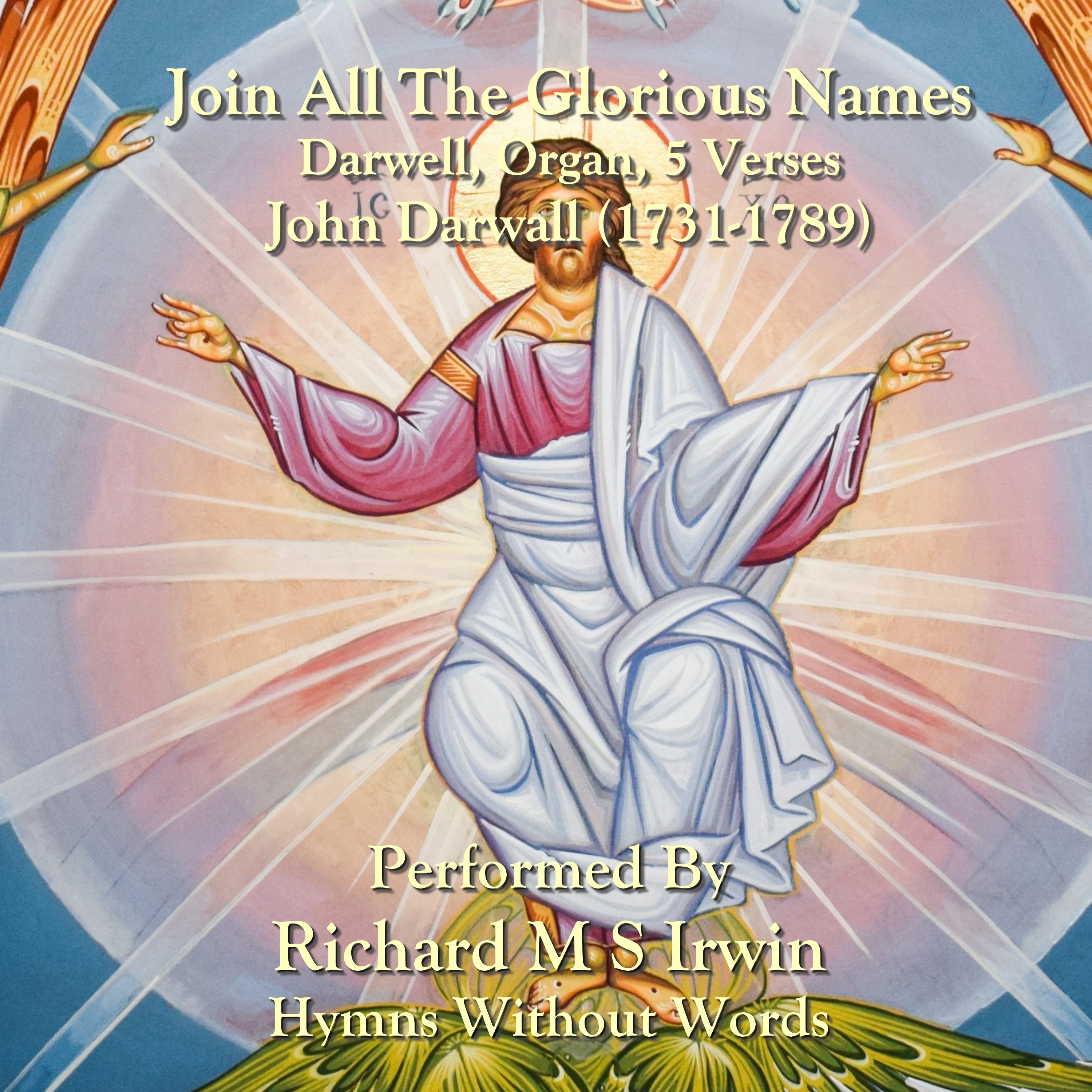
Join All The Glorious Names : Recording Tune: Darwell’s 148th composed by John Darwall (1731–1789). Meter: 66 66 88. Public Domain. Meter: 66 66 88. erformance
More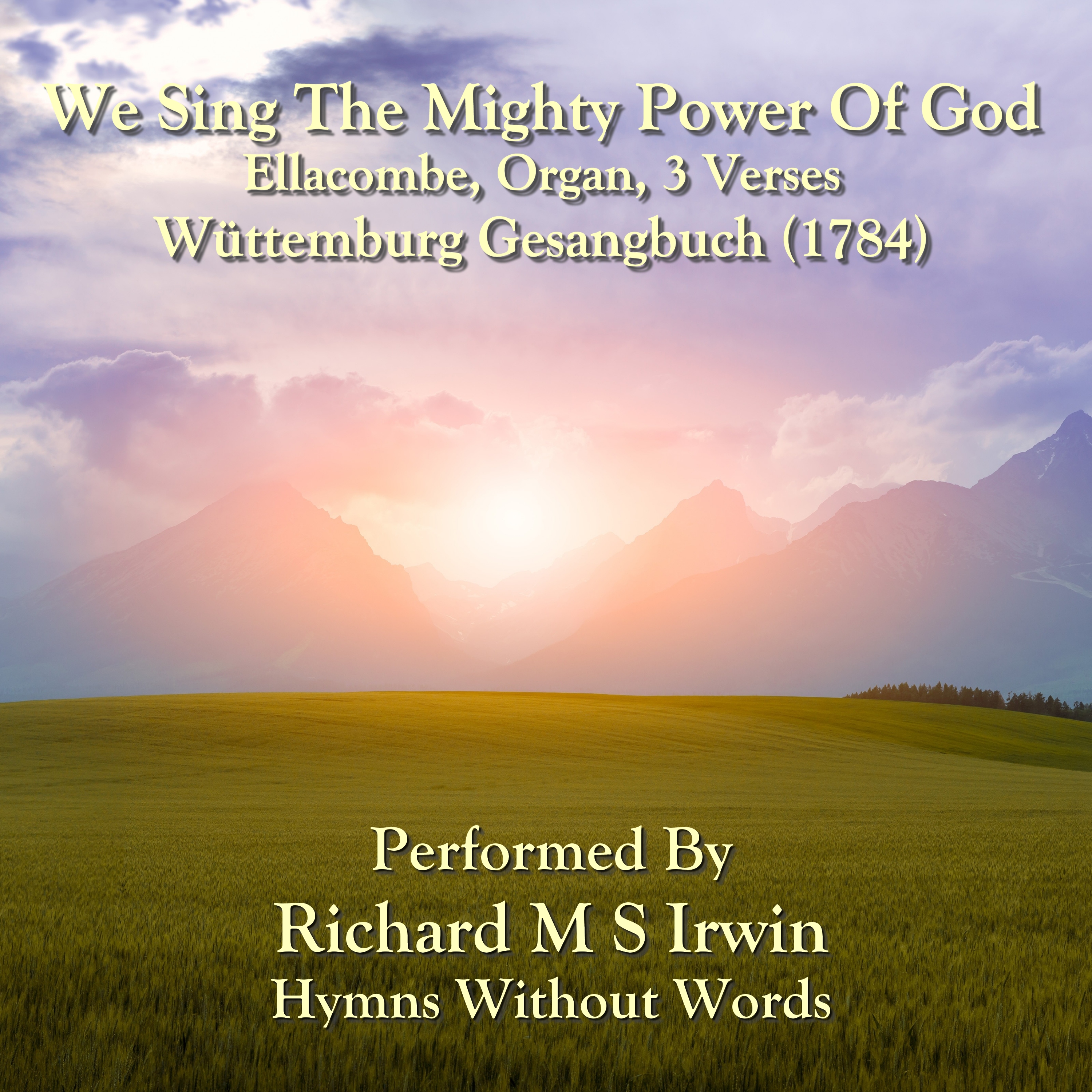
We Sing The Mighty Power Of God : Recording Originally, “I sing the almighty power of God.” Tune: Ellacombe, composer
More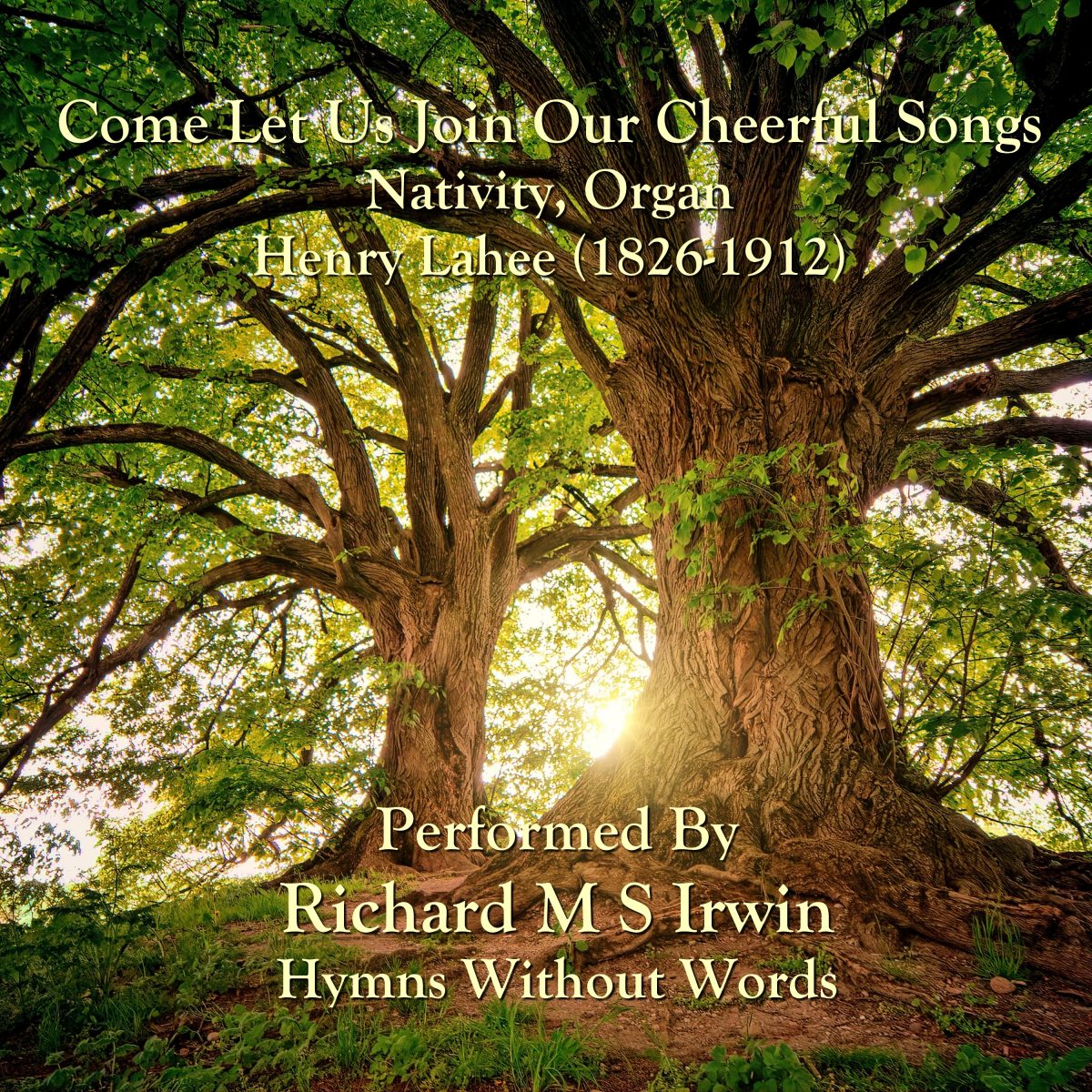
Come Let Us Join Our Cheerful Songs Lyrics This recording has been made to accompany singers in Church Services. 1.
More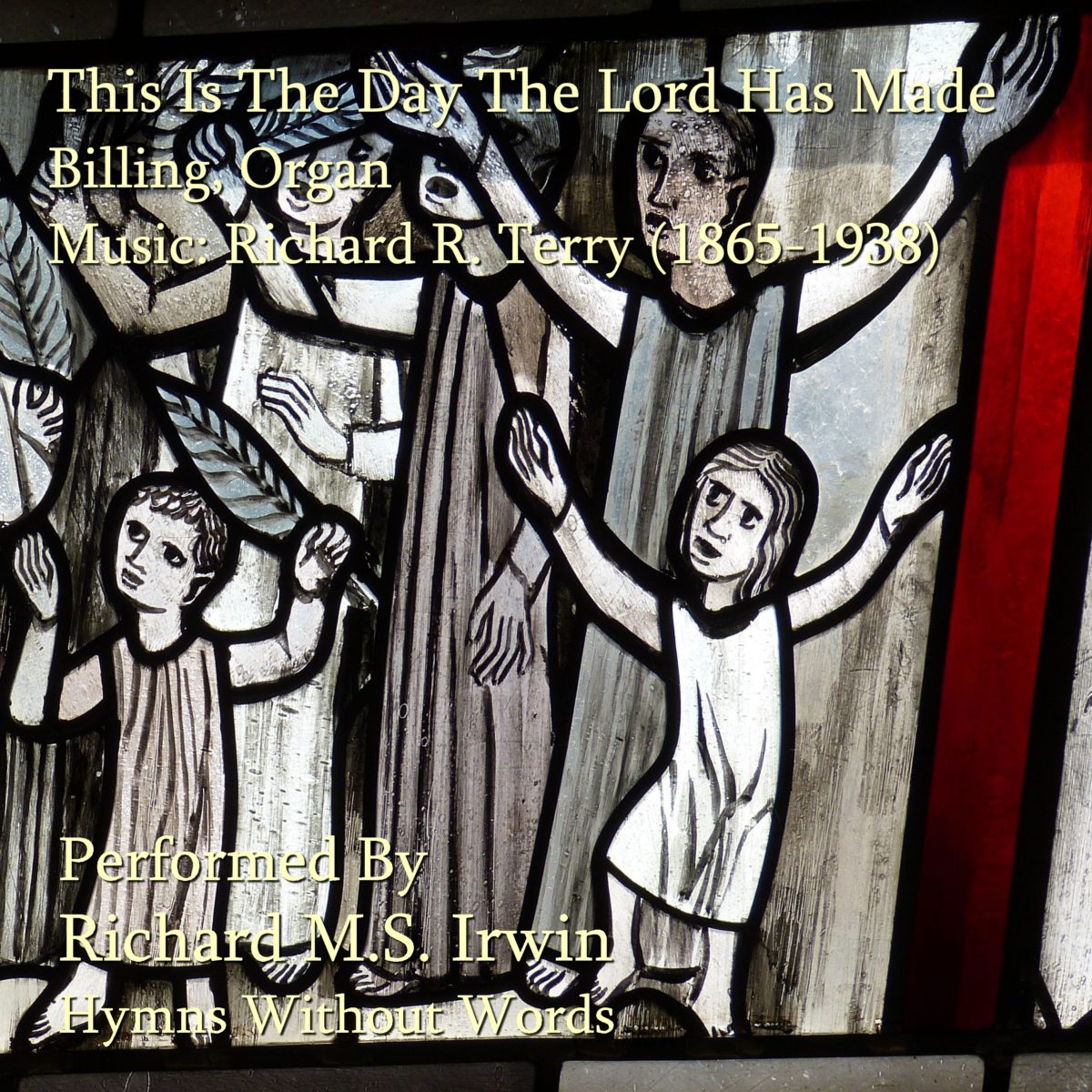
This Is The Day The Lord Has Made : Recording Tune: Billing, composed by Sir Richard Runciman Terry (1865 –
More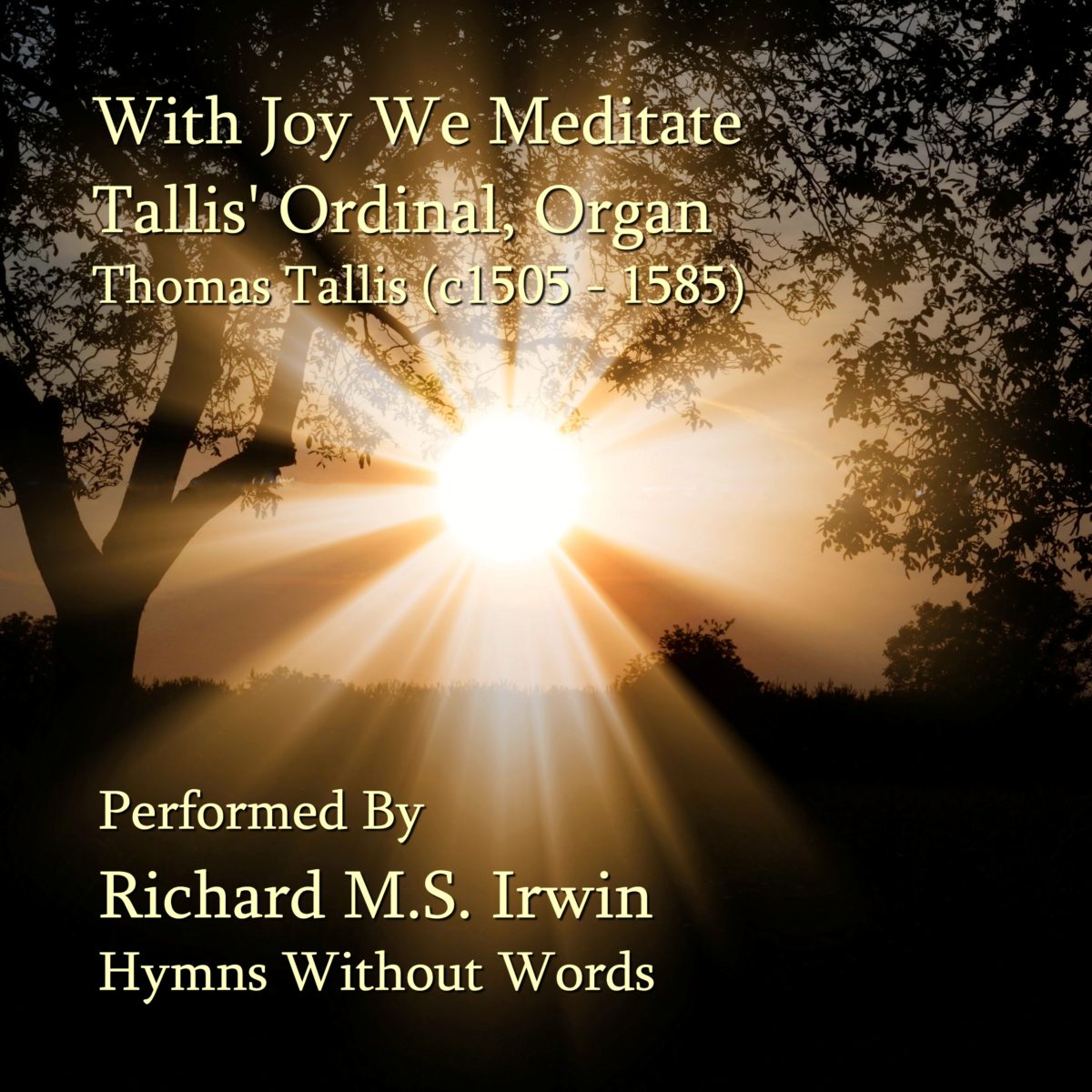
With Joy We Meditate The Grace Lyrics This recording has been made to accompany singers in Church Services. 1. With
More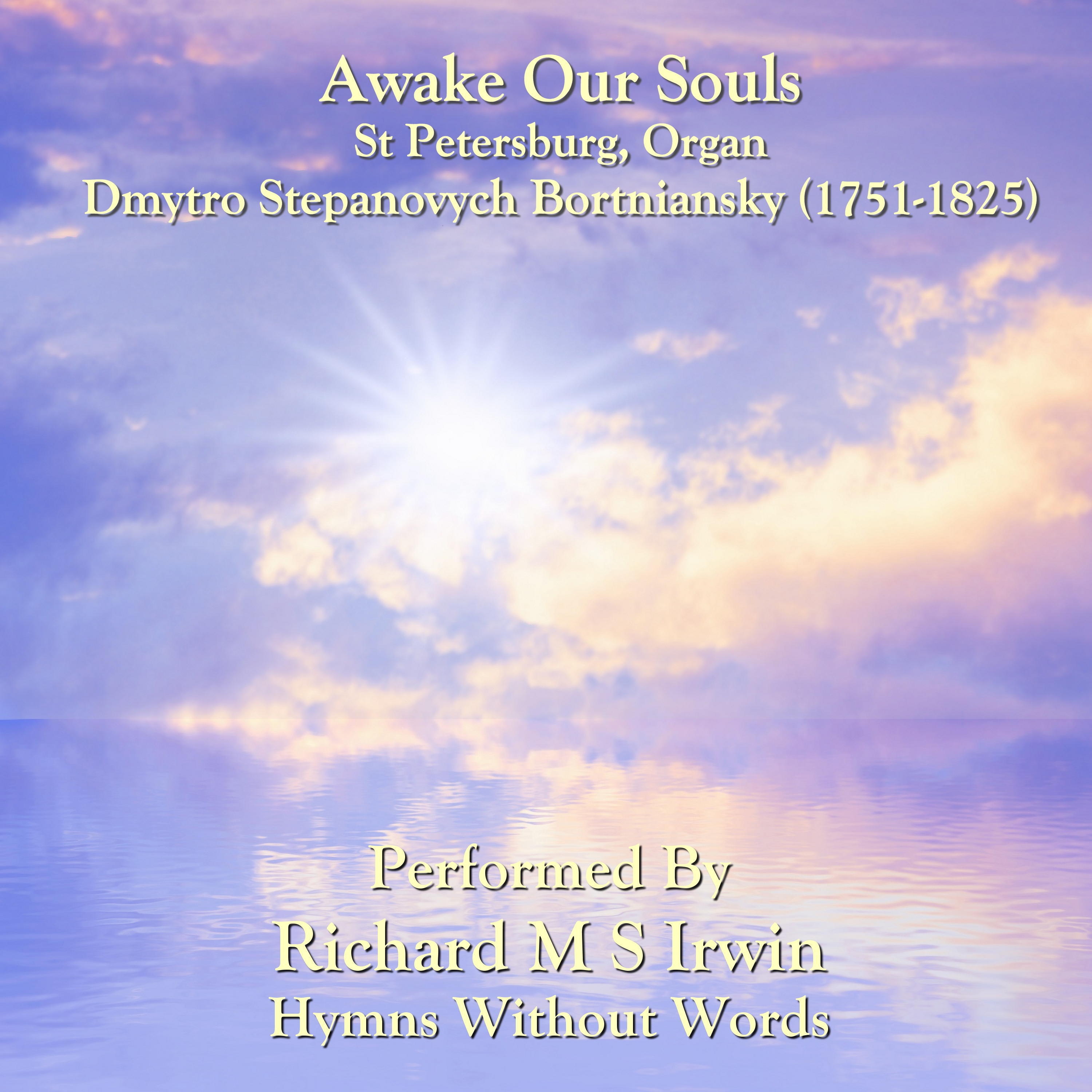
Awake Our Souls : Recording Tune: St Petersburg, written by Ukrainian composer Dmytro Stepanovych Bortniansky (1751-1825) . Public domain. Performance ℗
More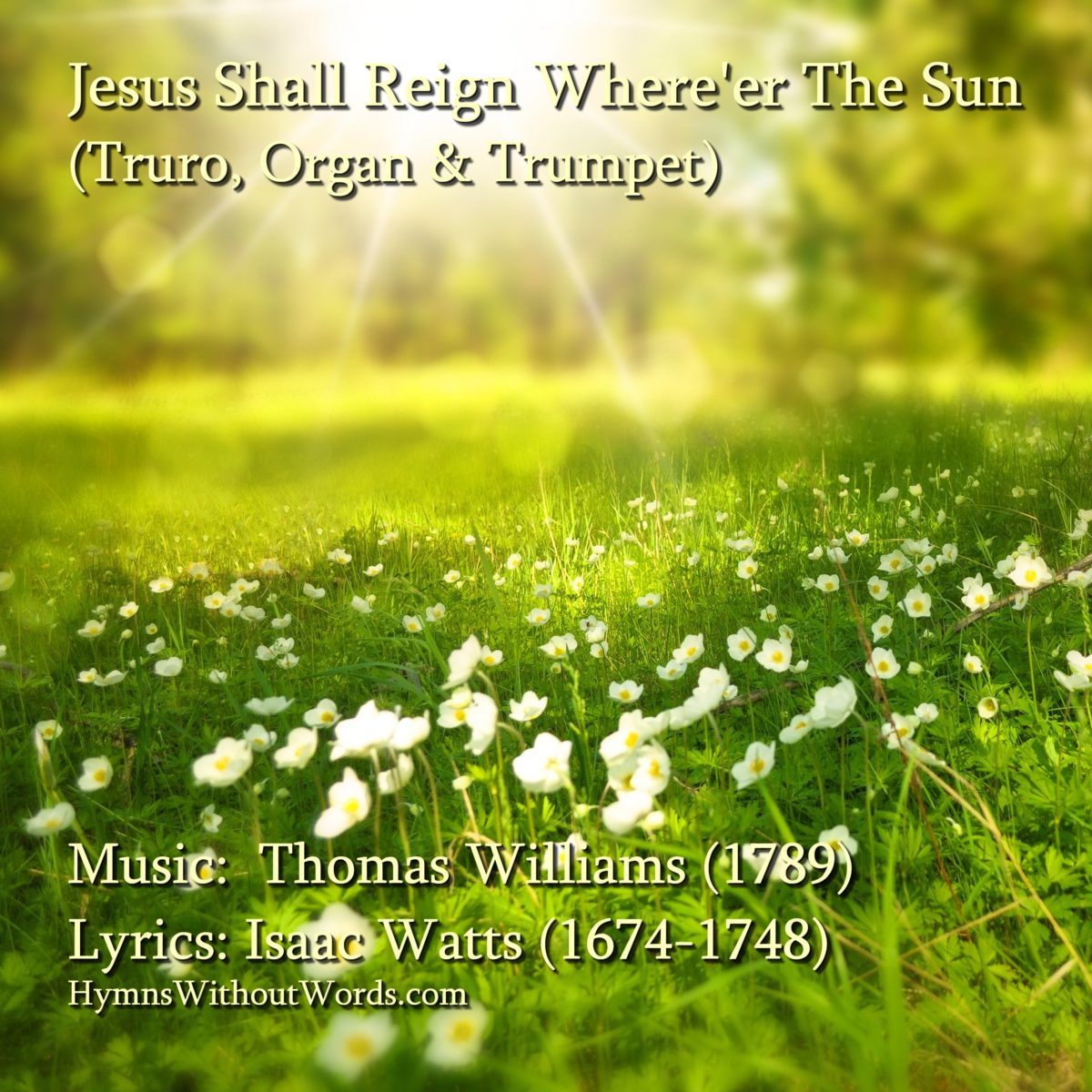
Jesus Shall Reign Where’er The Sun : Recording Tune: Truro, composed by Thomas Williams in Psalmodia Evangelica (1789). Public Domain.
More